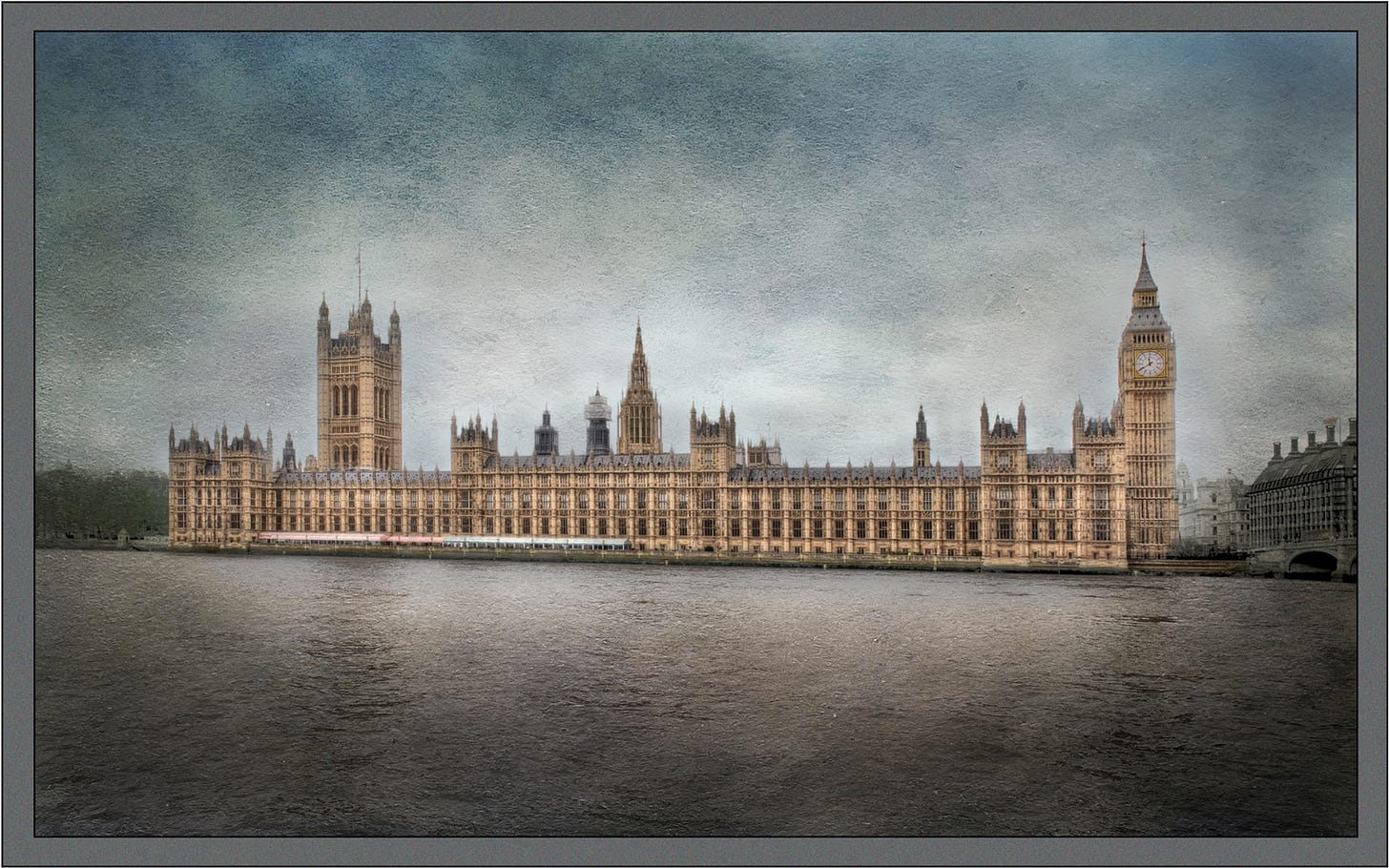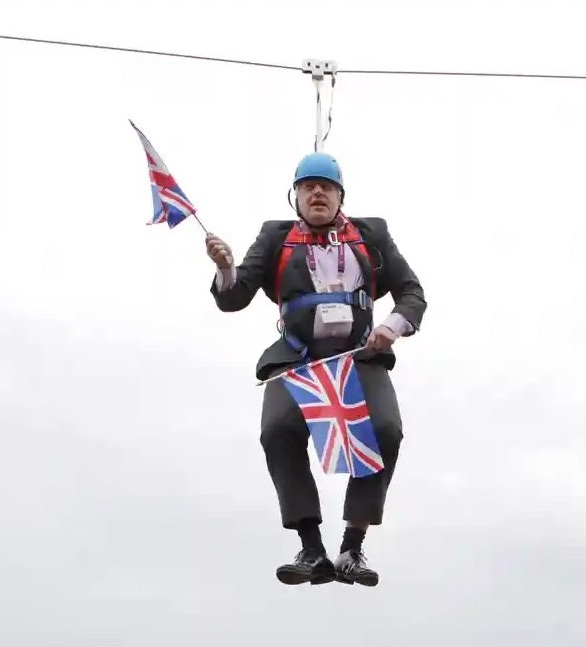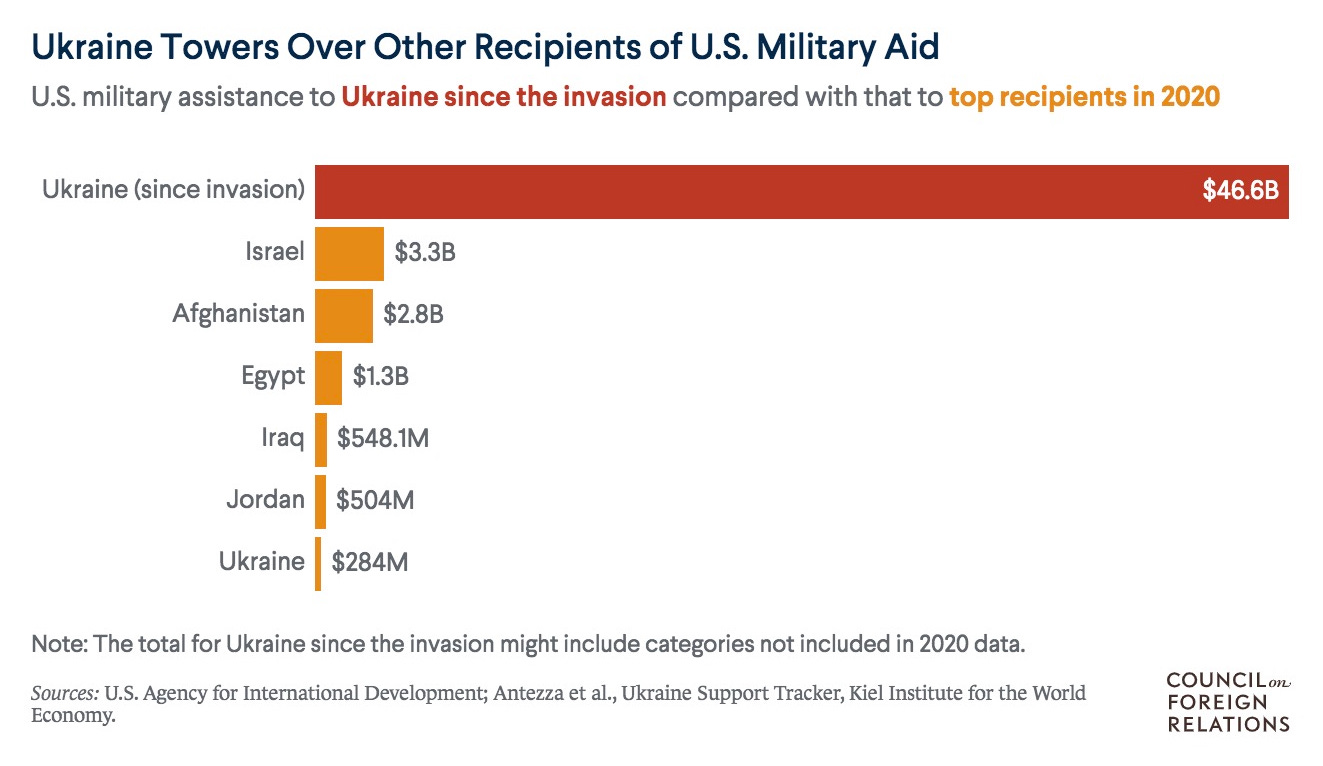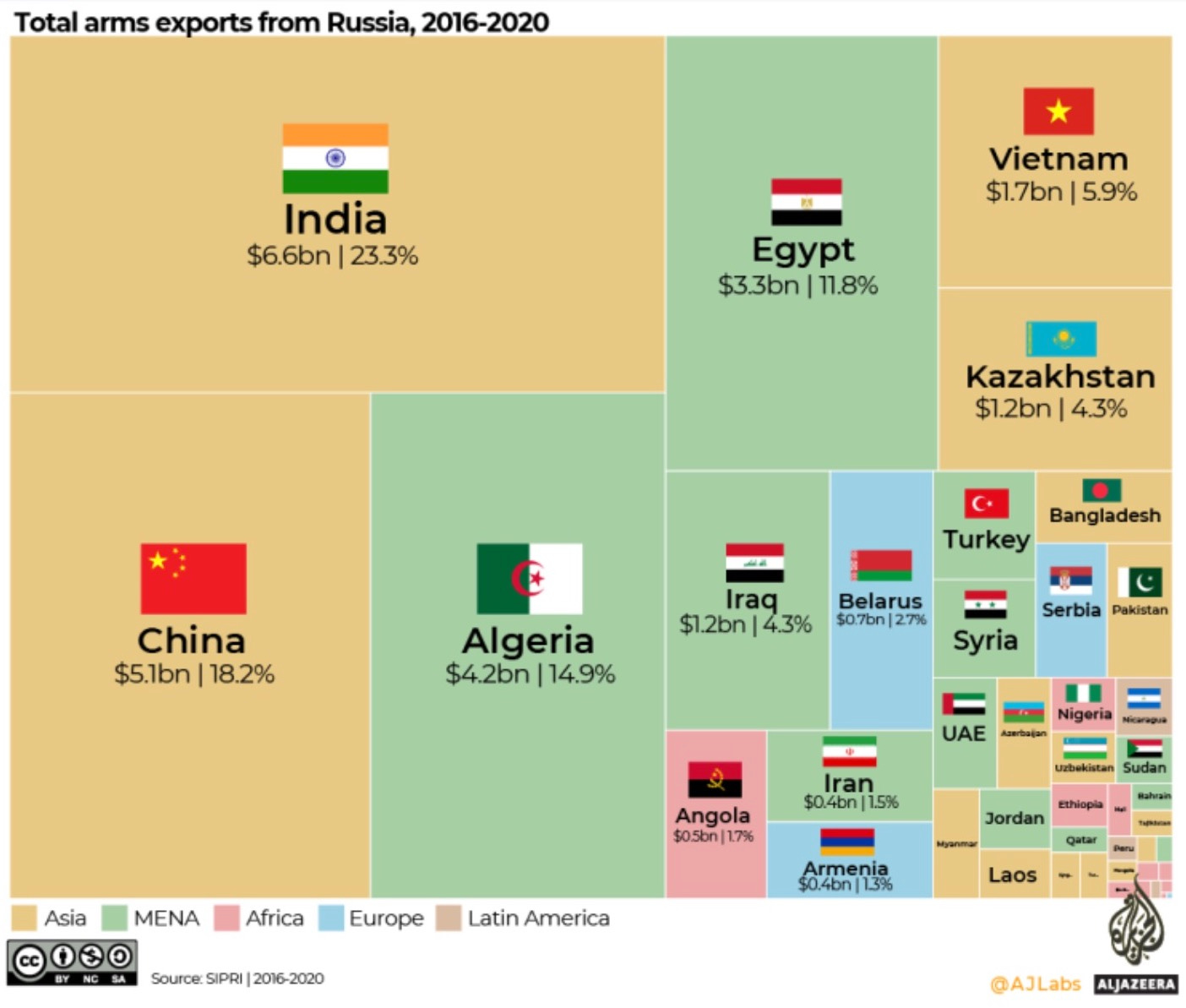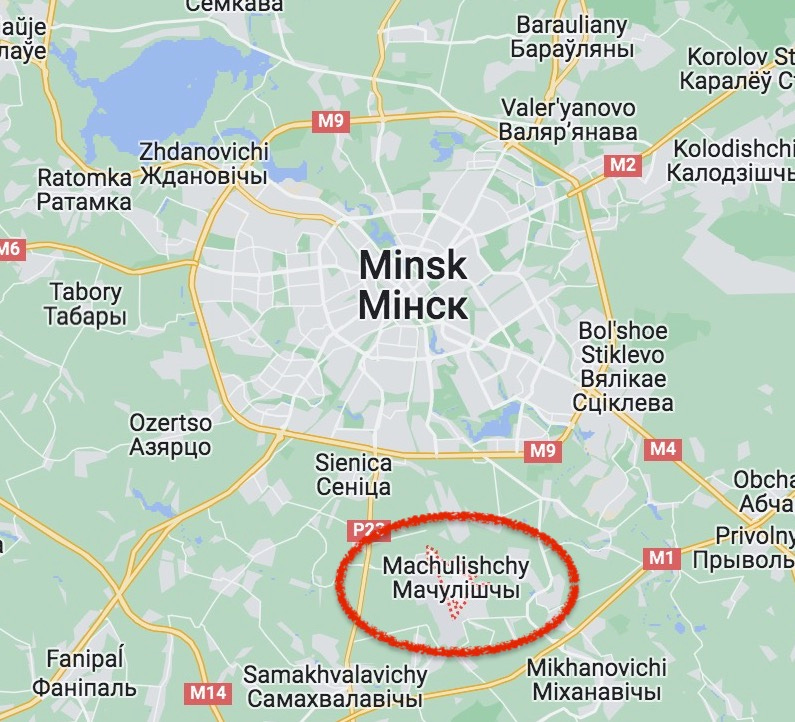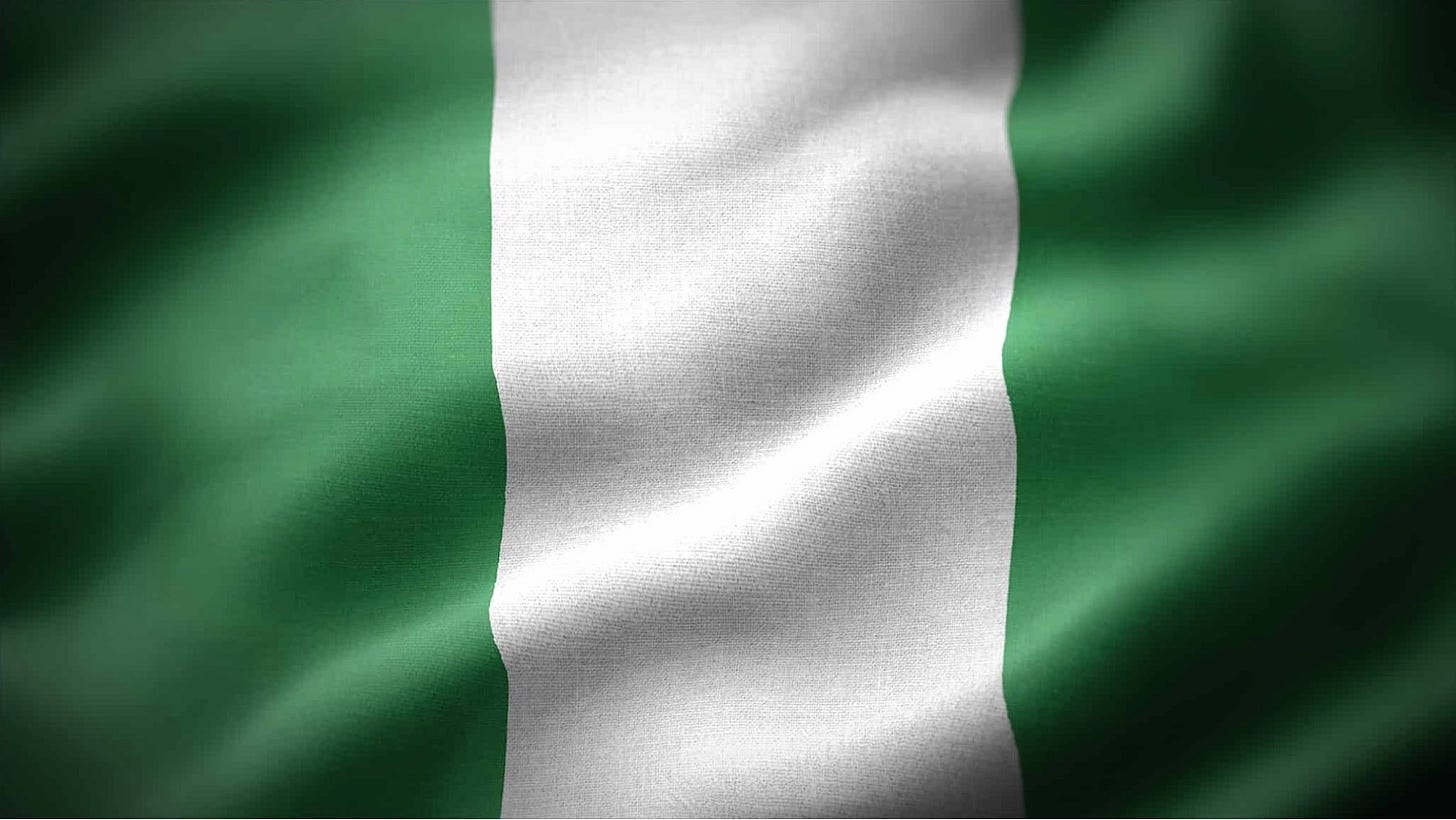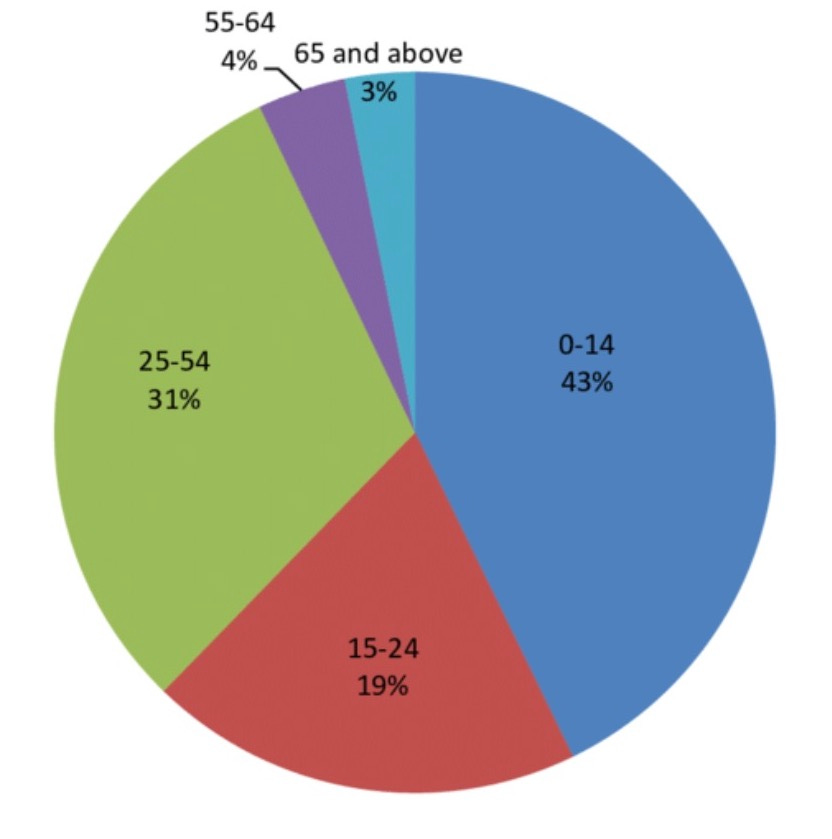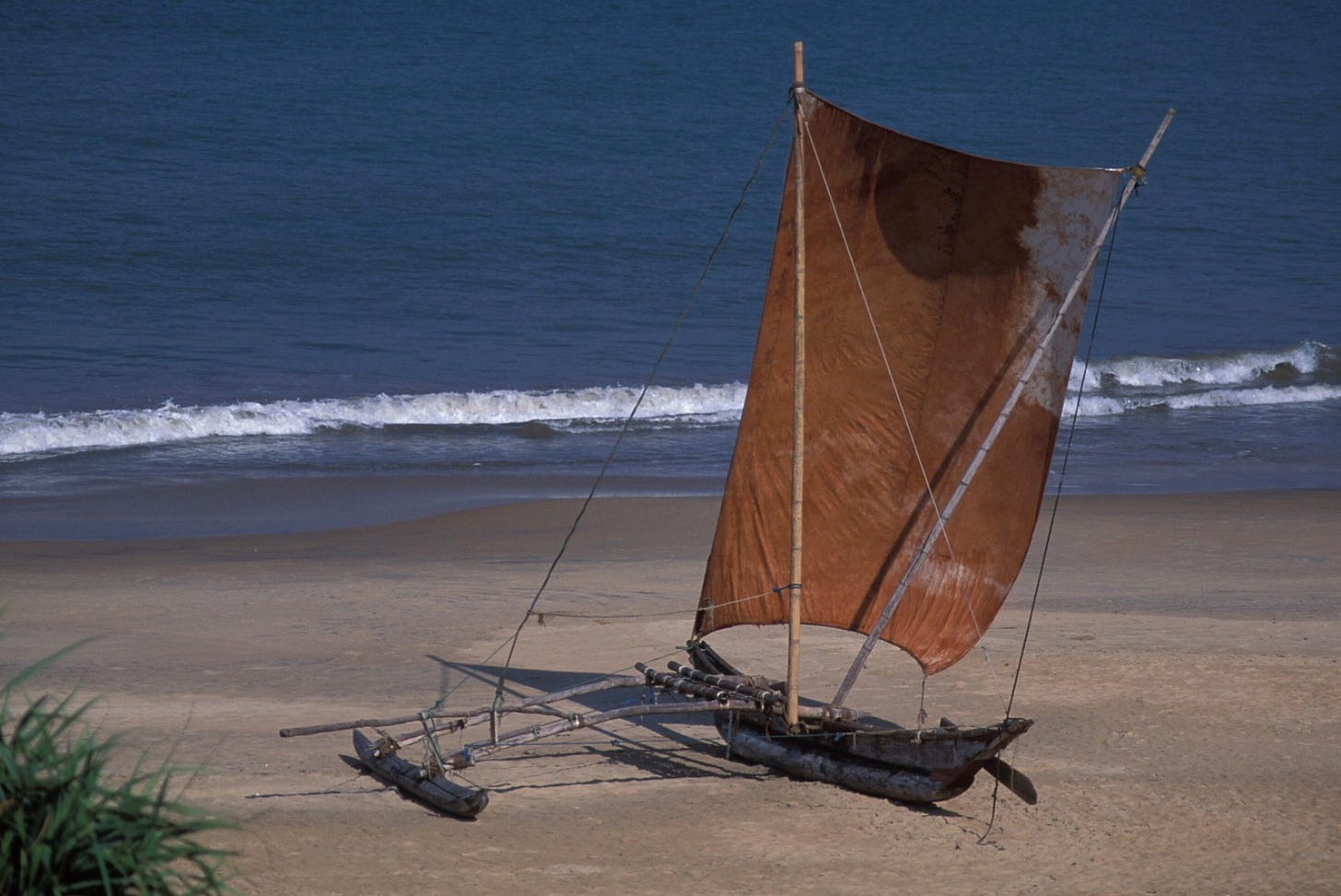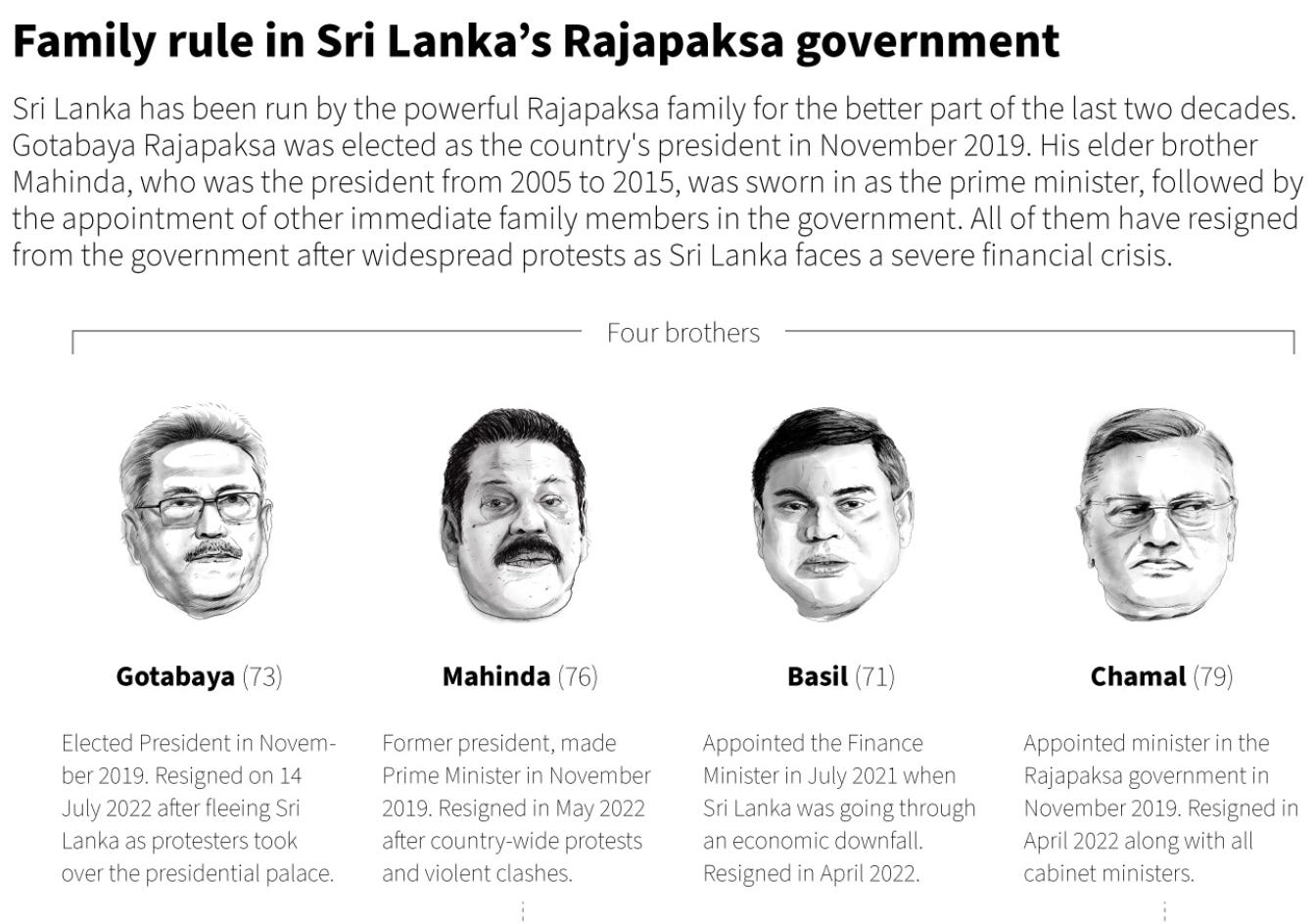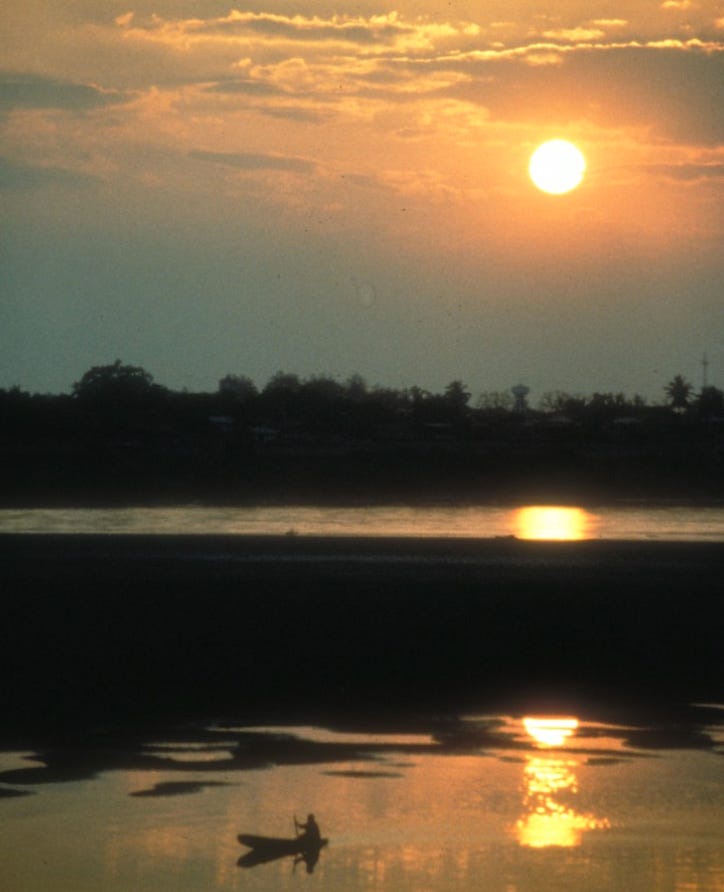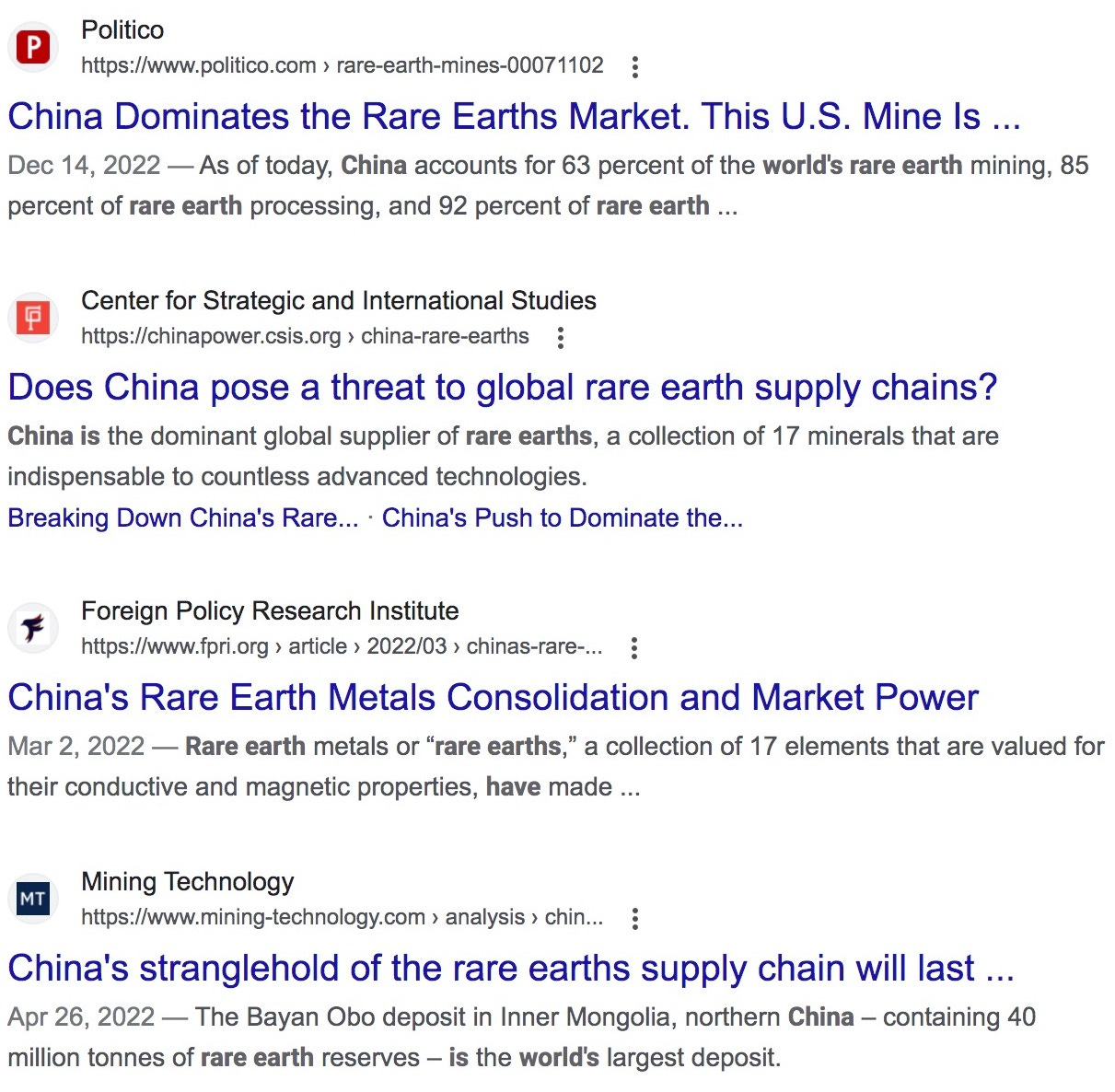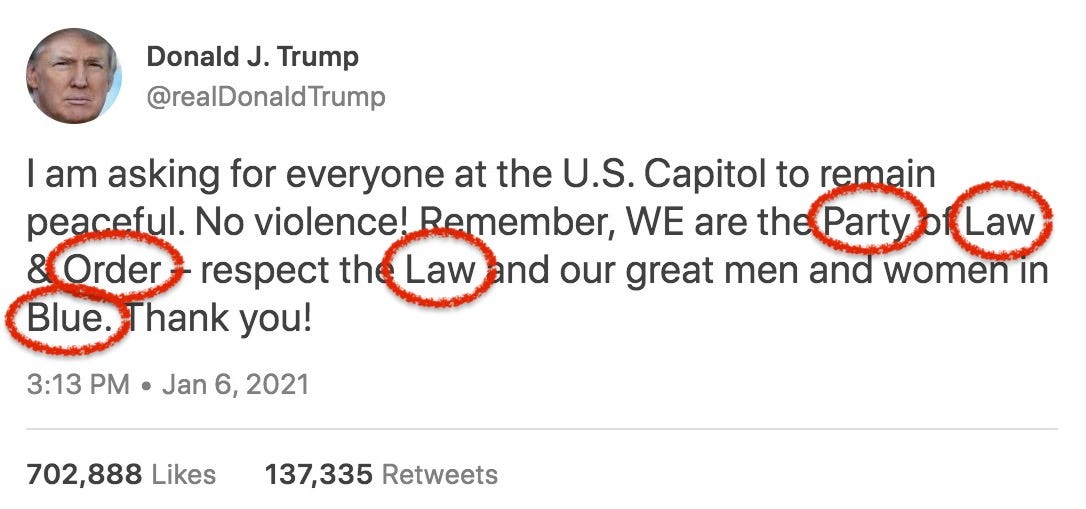What Just Happened 7
and what to worry about next
Welcome. Let’s see what’s going on out there this week. Today is Saturday, March 4, 2023.
The so-called ‘Windsor Framework’ - the deal reached by Britain’s current Tory government and the European Union this week - may not be the biggest thing to happen in the world, but it’s potentially a pretty big deal for the UK and the EU.
The idea is simple.
The Problem: allowing two countries, one in the EU and one not, to cohabit on a single, smallish island without a border. The Solution: allow goods from Great Britain bound for British Northern Ireland to enter without going through customs, and require goods from Great Britain transiting Northern Ireland bound for the Republic of Ireland, an EU member, so undergo a customs inspection.
It’s such a simple solution, it makes you wonder why it escaped Brexit advocate and master political tactician Boris Johnson. Unless maybe there were more partisan political points to accrue by not working it out.
The longer the Tory party’s sinking ships flee the rat (Kier Starmer joke), the more often the rat finds a stage on which to declaim on Ukraine policy or criticize his successor’s work to take back control of Westminster from a disgraced former PM who won’t get out of the way.
Boris was never serious. As the Guardian put it this morning: “Johnson announced the rules, broke the rules and then denied that the rules had been broken.” They’re writing about ‘partygate,’ but it’s a good summary of his entire public life.
•••••
The United States has given Ukraine $46.6 billion in military aid since the start of the war (and $75 billion in overall aid). Ukraine’s entire defense budget was $5.94 billion in 2021, so the US has given them nearly eight times their entire defense budget in the year of the war. President Biden has said ‘whatever it takes,’ and the money’s where his mouth is.
The US is flag waving and cheering for the good guys, but it is also venturing onto a slippery slope, ultimately supplying Ukraine with things it once said no to, most recently M-1 Abrams tanks. Let’s say it continues on this trajectory, with at-first reluctant but slowly increasing involvement.
Play this scenario of increasing US involvement out to the end, and unless somebody wins, ultimately either the US finds itself fighting directly on Ukraine’s behalf or the US stops supporting Ukraine. In that case Russia will then eventually prevail.
It’s easy to make fun of Chinese prickliness about ‘hurting the feelings of the Chinese people,’ which is sort of the idea of Chinese ‘face.’ But I think American pride, American ‘face,’ is substantial enough that it will never let Russia win this war.
Which seems less likely, the US fighting a European land war, or the US withdrawing? Both seem equally unlikely to me, There is of course a third way, and if neither of the above is destined to happen, although nobody is ready for it now, sooner or later there must be a diplomatic settlement.
The Munich Security Conference hosts the world’s security A List, who talked around what to do about this war in speeches, side sessions and lunches at the Bayerischer Hof Hotel week before last, and then dispersed to convince their respective domestic think tanks, peers, and publics of what they all variously decided.
I don’t detect a groundswell of support for a negotiated settlement, do you? Instead after just several days it feels like in the West, the hawks are finding surer footing.
Victoria Nuland, for example, an Undersecretary at the State Department, isn’t stopping with retaking the Donbass. She has her eyes on Crimea. She said in an interview:
“Ukraine is not going to be safe unless Crimea is, at a minimum, demilitarized.”
Nuland’s position on Ukraine has long been clear. During the Revolution of Dignity, in the bitter cold winter of 2013/2014, she toured the uprising’s front lines in Kyiv handing out cookies. She’s not shy.
The European Union had, as usual, been more reluctant than the US to denounce Russia. In a phone call with then-US Ambassador to Ukraine Geoffrey Pyatt, she first offered advice on who she thought should and shouldn’t serve in a post-Viktor Yanukovich government, then offered her opinion of the European Union. “**** the EU,” she said. (Here’s the leaked transcript of that call. Interesting reading.)
•
I’ve heard it said that the thinking in the US establishment is that it will take at least ten years for the Russian military to replenish its military kit such that it’s back to the condition it was in when it started the war, and that’s assuming sanctions are eventually eased.
Here are Russia’s biggest arms recipients:
When this war ends, Russia’s priority will be Russia at the expense of these arms recipients. Besides, Russian weapons aren’t exactly winning hearts and minds in the war so far. Which means once this war is over, (even now, really), these recipient countries will be looking for new suppliers.
Which means, further, that part of the longer term fallout from this war is that alliances will shift. That’s already begun. The nascent Russia/China alliance (if it deepens) can be put down to the dictator’s club closing ranks. Newer is the Russia/Iran marriage of convenience, which would underline a deepening of Russian involvement in the region, even as the United States disengages in Iraq and Afghanistan.
•
Alexander Lukashenka spent much of last week visiting China hoping, in part, that Xi Jinping will prop up some of his failing industrial plant, and reports say he leaves with $3.5 billion in future Chinese investment.
Beyond that, and, for Lukashenka to leave Belarus for three days suggests there surely is more beyond that, nobody seems to be able to tell, or at least they aren’t saying. Speculation is either Lukashenka is helping to broker a summit Putin/Xi summit, and it’s unclear why that would be needed, or Lukashenka is somehow helping to launder Chinese aid to Russia, but it’s unclear why that would be needed, either.
Maybe, he just went for the money. If all he needed to do for $3.5 billion in Chinese promises was endorse China’s anodyne, ‘everybody be nice’ peace proposal, it seems worth the trip.
•
We talked last week about whether anti-government ‘partisans,’ as they call themselves, really exist in sizable numbers in Belarus, and whether they might one day pose a threat to the Lukashenka regime.
An advisor to opposition leader Sviatlana Tsikhanouskaya (whom Barron’s has called a figurehead) tweeted Sunday about “a successful special operation to blow up a rare Russian plane at the airfield in Machulishchy near Minsk.”



Franak Viacorka followed that with a retweet on Wednesday showing perhaps less than convincing evidence:


Viacorka tweeted that the attack was carried out by two Belarusians who entered and left the country. He called the airplane destroyed and claimed the damages cost €330 million.
It’s not out of the question. The nearest border entry/exit point for the saboteurs, in Lithuania, is maybe a 70 mile roundtrip. Here’s Machulishchy:
A problem with Tsikhanouskaya’s and Viacorka’s claims of partisan success? Lack of convincing evidence. I get it that a team of saboteurs wouldn’t want to stick around with their cell phones to get pictures.
Perhaps it’s down to nothing more than the lack of an effective media campaign, but if there’s an organized and active resistance in Belarus that might draw outside support, it’s not easy to discern. No leaked photos of surreptitious rebel camps, no outward manifestations. In media relations, Tsikhanouskaya’s team does the easy stuff pretty well from the safety of Lithuania. They might need to work on their field ops.
•••••
Nigeria voted last weekend. Africa’s most populous country, it’s vibrant, young, a cultural powerhouse, home to Nollywood and a wealth of big name literary talent. Safe to say a significant part of the continent’s future, for good or ill, depends on what happens there.
Nigeria has had its challenges since birth, the Biafran civil war, decades of military rule, Boko Haram, grinding, never ending corruption. The last thing it needs now is an inflammatory stolen election.
It’s so young! 43.7 percent of Nigerians are under fifteen years old. It was lovely in the election campaign how young people mobilized behind the (relatively) young upstart independent candidate, Peter Obi. It looks like their candidate has been defeated, fairly or not, by the establishment.
“He is the Lion of Bourdillon; the godfather of Lagos State, no, of South-west politics with the exception of Ondo State, which has refused to worship a foreign god. He is the Asiwaju of Lagos, no, of Yoruba land and ‘the National Leader of the APC” [***]
Bola Tinubu, the ruling All Progressives Congress party candidate, is also apparently the new leader of Nigeria, in spite of the hopes of that new cadre of hopeful young voters. The ‘godfather of Lagos’ is no clean break from the past. But Tinubu is conciliatory.
Obi’s Labor Party promises a challenge. “We won this election as Labour Party, we are going to claim our mandate as Labour Party,” said Datti-Baba Ahmad, the party’s Vice Presidential candidate.
•••••
The Tamil Tigers invented the suicide belt. They are accused of being complicit in the May 1991 assassination of former Indian Prime Minister Rajiv Gandhi at a campaign rally in India. In a harrowing attack for travelers, Tamil Tiger rebels armed with mortars stormed Sri Lanka's only international airport in July, 2001.
From 1976 the Tamils vexed successive Sri Lankan governments while vying for an independent state – until the ruling Gotabaya clan finally killed them all. But the Gotabayas were particularly rapacious leaders and ultimately Gotabaya Rajapaksa, President and the Sinhalese majority’s man until last summer, fled the country last July after protestors stormed his residence.
They did so because of a nasty coincidence for the Rajapaksas, their questionable decisions. There was the Hambantota port scheme we talked about before. They banned chemical fertilizers in 2021, cutting crop yields by at least a third as Covid impoverished the entire country, and Covid itself, which gutted the country’s tourist revenue.
By last summer Sri Lanka was broke, and the rapacious Rajapaksa family dynasty had to go. The new (and former) president, Ranil Wickremesinghe, has been negotiating for rescue with the IMF.
While creditors wrangle, the country seethes, and last weekend Wickremesinghe cancelled elections set for March 9th, saying the country is broke and can’t pay for them. Resulting protests caused police to fire tear gas and water cannon, resulting in around fifteen hospitalizations and one reported death. The people are back in the streets.
Sri Lanka’s woes were made worse by its thieving ruling clan, but there is no shortage of corrupt leaders in the world, and Covid hit the developing world particularly hard. So which country will be the next Sri Lanka? Competition is robust. A few contenders:
Egypt, with a near 95% debt-to-GDP ratio, has been in perpetual economic crisis, but as 2022 closed, the third of its 100 million people who are living in poverty were finding it harder than ever to eat. It’s the world’s largest importer of wheat, eighty percent of which comes from around the volatile Black Sea.
Ghana was spending over half its tax revenues on debt interest payments before suspending payments on its Eurobond, commercial term loans, and on most of its bilateral debt last month. Inflation is getting close to 30% and its currency, the cedi, is the worst performing in the world.
Laos has one of Asia’s highest rates of inflation, a currency depreciating fast, and a debt-to-China problem similar to Sri Lanka’s. Laos owes $6 billion for a high-speed rail line connecting China with Vientiane, a textbook example of a sleepy capital that really didn’t need it. At the kip equivalent of US$33 per second-class ticket from Vientiane, on the Thai border, to Boten, China, six billion dollars will take some time to pay it back.
Email readers: If your email provider interrupts this post before the end you can click on "View entire message" to see the whole thing.
•••••
Groupthink. You remember back when we were all alarmed to find that China has the bulk of the world’s rare earths? Search and you might find something like this:
Apparently now we are not worried.
In his newsletter a few weeks back Peter Zeihan wrote:
These metals aren't all that rare, they're not difficult to process and they're not all that expensive...plus we won't be seeing any of these metals hit the markets for at least 10 years.
Plus:
A state-owned mining company in Sweden has just stumbled upon a million metric tons of rare earth metals...but what does that mean? Any addition to the rare-earths supply is great, but I don't see this moving the needle much.
And anyway:
While this is a nice discovery for the Swedes, plenty of countries have excess processing capacity should a need arise.
Apparently, never mind.
•••••
Here’s a tendency in journalism I think is mostly just lazy.
Headlines like these:
Pressure is increasing for ____.
____ is bracing for the impact of ____.
As preparations ramp up, _____.
Momentum is building for _____.
As expectations mount, _____.
These are usually place-holding headlines, to be used because something is in the news but nothing immediate is happening. More often than not they’re a recap of events. There’s more news than you can read everyday, so I think you can skip stories like these.
•
Also in journalism, capitalizing Black is an “editorial expression of the need for social justice.” says Bryan A. Garner in his Modern English Usage.
Naturally, capitalizing Black means capitalizing White and leaves open the possibility of Capitalization Inflation which, also naturally, becomes a thing that should be capitalized. This capitalization inflation, like everything else, is Donald Trump’s fault, you know.
•••••
That’s it for today. In Tuesday’s travel column we’ll head north to visit a Russian town in the Norwegian Arctic.
Thanks for reading. While you’re here, why not sign up for a subscription? Prices start at the very attractive rate of free. Good weekend.


